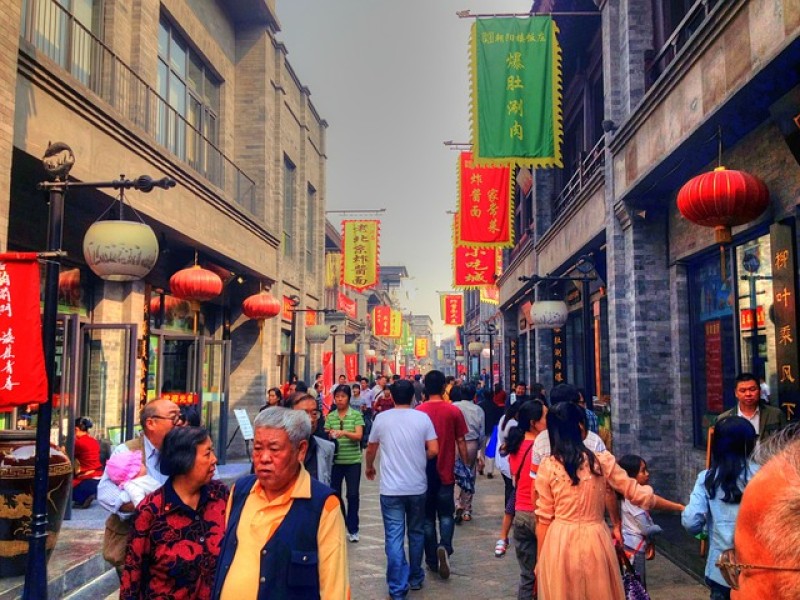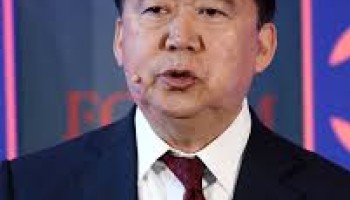“[Lai’s] arbitrariness, corruption, moral decay, and extravagance of life are ... seriously violating the party's discipline, constituting a violation of the law,” said the Central Commission for Discipline Inspection, the Communist party’s anti-corruption watchdog. The Commission also accused Lai of using his influence to obtain vast wealth and properties.
Lai is a former Communist party secretary and former chairman of the Huarong Asset Management company, one of China’s largest. The Commission also accused him of turning the business away from its core operational goals.
He is now the Chinese authorities’ latest target in its corruption crackdown. Beijing has moved to secure China’s financial sector and stop risky lending, the New York Times reported.
Lai was arrested in April and he resigned from Huarong days later. The New York Times reported that other executives connected to Lai’s company have also been arrested on charges of graft.
Several of the companies he and Huarong worked with have caught the eye of authorities for their large deals. Huarong has assisted in lending to Chinese companies that have significant debts, the outlet noted.
The South China Morning Post reported that Lai will most likely face a trial now that he’s been charged.
President Xi Jinping pushed for the creation of the National Supervision Commission within the Central Commission for Discipline Inspection last March—a ministry within a ministry. It expands state surveillance and arbitrary against Chinese citizens, critics and legal scholars have alleged. Lai was charged by that commission.
Last week, Chinese authorities announced Interpol’s president, Meng Hongwei, had been detained over bribery as well.





